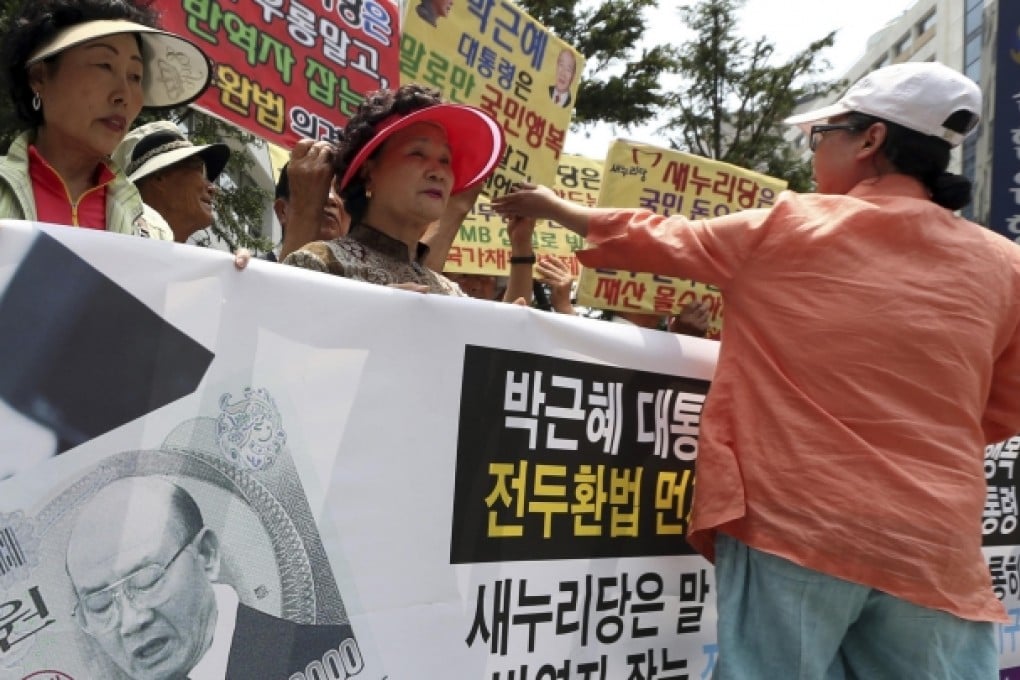Hunt for former South Korean tyrant Chun Doo-hwan's HK$1.1b cash stash
Prosecutors have less than four months to get back HK$1.1b that Chun Doo-hwan amassed during his reign - but he says he is broke

Former South Korean President Chun Doo-hwan owes the country 167.5 billion won (HK$1.1 billion) that he was found to have amassed through corruption during his 1980s rule, but he insists he's broke. Prosecutors have less than four months left to prove him wrong.

Lawmakers plan to meet today to debate legislation that could extend the search and hold his family accountable for the money. But even if it passes, such retroactive changes could be rejected in court.
Last month, the new chief of the state prosecution office urged an "extraordinary" push to collect from the 82-year-old, who seized power in a 1979 army coup and ruled South Korea until early 1988.
Chun's departure as president marked the end of military rule and the beginning of democracy in South Korea. In 1996, he was convicted of corruption and for his role in the 1980 crackdown, which left about 200 people dead in the southwestern city of Gwangju. He was sentenced to death, though he received a reduction in sentence and later a pardon.
He also was ordered to pay back the 220.5 billion won "slush fund" that officials said he had amassed from dozens of businessmen in return for government contracts and other favours. He has since returned 53 billion won.